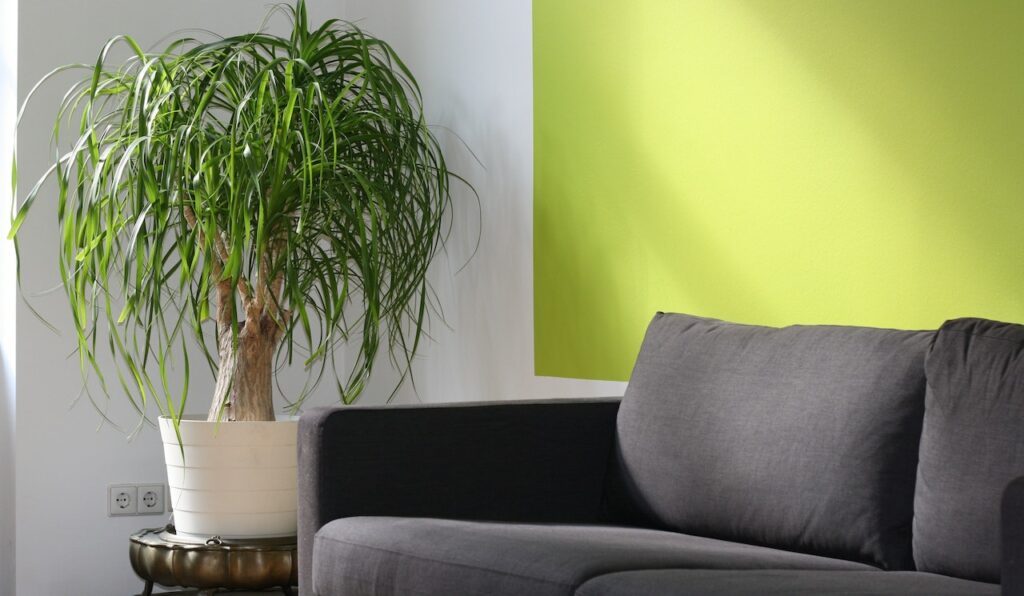Henrik Pontoppidan, Director of S2U Design, talks about the elephant in the room – communication.
When sourcing from Vietnam, many of the delays, misunderstandings, and costly mistakes I encounter frequently stem from poor communication. After 15 years of navigating these challenges, I’ve adopted methods that ensure clear, actionable agreements, which I highly recommend implementing for quick and effective results.
The following example outlines a – possibly familiar – frustrating flow of communication between Western buyer and Vietnamese Salesperson. What you might not fully realize is that communication related delays, mistakes and excessive costs can be entirely avoided. Read on and find out:
Typical Scenario:
Buyer: “The sample finish is glossy, but we agreed on matte. Can you confirm the final product will meet my specifications?”
(The buyer is really asking for a new sample, though this is not clearly stated.)
Salesperson (after consulting internally but no real conclusion being reached and no one dares to take responsibility): “Yes, yes, it will be the same.”
A week later:
Buyer: “Can I get a correct matte sample, and when?”
Salesperson: “OK.”
Buyer: “OK, meaning…?”
Salesperson: “I’ll check with the boss.”
Another week passes:
Salesperson: “Matte is more expensive.”
(The salesperson has been informed by the – now impatient – boss, who wants to cover the development cost, anticipating future confusions)
Two months of back-and-forth follow:
Buyer: “Has the new sample been sent?”
Salesperson: “I’ll check.”
Buyer: “You promised it would be sent last week!”
Salesperson: “I told logistics to send it.”
In the end, the buyer is left bewildered, wondering if the issue will ever be resolved.
The Problem: Lack of Structured Communication
This kind of miscommunication and delayed action is incredibly common. The root cause is the informal nature of communication in Vietnam relying on chat platforms like WhatsApp or Zalo (Vietnam’s version of WhatsApp) to discuss business matters, coupled with both parties not , fully grasping each other’s mindset and situation. In Vietnam, keeping discussions informal in chats is a guard against having to take full responsibility, and often lead to forgotten agreements, lost details, and a lack of accountability.
After navigating this issue for 15 years, I always insist on watertight confirmations of conclusions, agreements and decisions through email. This is non-negotiable if you want to ensure clarity and correct action. Informal chats are great for brainstorming or providing updates, but all final decisions, agreements, and instructions must be confirmed by email, with all relevant parties—especially the boss—copied in and confirming.
Here’s the critical part: I insist on confirmation from every responsible person, bullet point by bullet point. This eliminates any ambiguity and ensures that no detail is overlooked. You’ll see immediate improvements in both clarity and accountability by adhering to this practice. And yes, sometimes you’ll need to chase confirmations daily until they arrive—otherwise, your project is left in limbo.
The Style and Content of Communication
Another common issue arises from poorly framed questions. For example, a buyer might ask, “Will you use 5-ply cardboard?” or “What is the wall thickness of the steel tubes?” or “Do you supply with FSC certification?” Although these questions seem reasonable, they often cause unnecessary confusion, and here’s why.
Firstly, such details should be included, formulated as instructions, in your initial brief or Request for Quotation (RFQ). If they aren’t, how can you expect to receive accurate quotations that you can compare with others? Leaving critical requirements out creates room for misinterpretation.
Secondly, asking these questions after receiving a quotation shifts the responsibility of defining your needs to the supplier. In Vietnam, if something is not specified as non-negotiable—like the use of 5-ply cardboard or FSC certification—the supplier will assume it’s optional and go for the cheapest alternative. If their original quote didn’t cover these details, adding them later will lead to higher costs, disputes, and even expensive fixes once production has started. Additionally, the supplier may revise their quote with inflated prices to cover potential future changes.
Cultural misunderstandings compound these issues. For example, in Vietnam, a “yes” doesn’t always mean agreement. If you ask, “So, you can’t finish this by next week?” and they respond “yes,” it means, “Yes, you are correct”, not, “Yes, we can finish next week.” Always be as clear and direct as possible, avoiding ambiguous phrasing to ensure accurate understanding.

The Solution: Clear, Structured Communication
To avoid these pitfalls, here’s how the glossy colour sample issue should be handled:
Buyer (via email, cc’ing everyone relevant, including the Vietnamese boss): “Please make three color swatches—one with 5% gloss, one with 10%, and one with 20%. I need them by Tuesday, [specific date]. We will come to your factory to inspect them. Please confirm.”
Chase email confirmation until you receive it.
A few days later, the buyer inspects the three samples at the factory and agrees on the one with 10% gloss.
Buyer (again via email): “The 10% gloss sample is correct. Please make three new samples of the 10% gloss panel for dating and signing for QC reference. I need them by Thursday, [specific date]. We will place our order when we have the master samples. Please confirm by return.”
Chase confirmation until you get it.
Done!
This kind of structured communication cuts out the guesswork and eliminates delays caused by unclear agreements. If you can stick to these practices, you’ll see immediate improvements in how your projects are managed and executed.
Final Thoughts
If you need help with sourcing in Vietnam, managing your existing suppliers, product development, or anything else on the ground, feel free to reach out. With 15 years of experience in Vietnam’s manufacturing landscape, I can help ensure your projects run smoothly from start to finish.
Email: henrik@s2udesign.com
Tel VN: +84 (0)82 7600 171
WhatsApp: +44 (0)7766 70 50 60
Tel UK: +44 (0)1432 851 824















